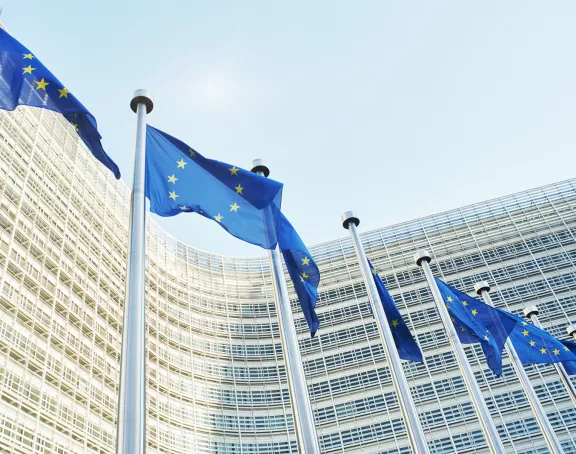Foreign Direct Investment Screening in the EU
On 21 March 2019, Regulation 2019/452/EU was published providing for a framework for the screening of foreign direct investments into the European Union and its Member States. This Regulation shall apply from 11 October 2020.
Objectives
Regulation 2019/452/EU aims to strike a balance between maintaining the EU’s openness to foreign direct investments (‘FDIs’) and ensuring that the EU's essential interests are not undermined.
Member States are allowed to implement FDI screening mechanisms for foreign direct investments, provided (i) that all rules and procedures of the FDI screening mechanism are transparent and non-discriminatory, (ii) that confidential and commercially-sensitive information are protected, and (iii) that foreign investors have a right to appeal.
Member States are also instructed to cooperate with each other and the European Commission by notifying any foreign direct investment undergoing screening. Other Member States or the European Commission can also draw attention to foreign direct investments in a Member State that are not undergoing screening.
Affected investments
Screening is limited to foreign direct investments likely to affect the security or the public order of a Member State or of the EU.
Foreign direct investments are – simplified – all investments by an investor from a third country aiming to establish or to maintain lasting and direct links with an EU company, including investments which enable effective participation in the management or control of that company (art. 2(1)).
In determining whether a foreign direct investment affects the security or the public order, Member States may take into account the potential effects on:
- critical infrastructure, such as energy, transport, water, health, communications, media, data processing or storage, aerospace, defence, electoral or financial infrastructure, and sensitive facilities;
- critical technologies, such as artificial intelligence, robotics, semiconductors, cybersecurity, quantum technologies, nuclear technologies, nanotechnologies and biotechnologies;
- supply of critical inputs, such as energy, raw materials, and food security;
- access to sensitive information, including personal data, or the ability to control such information; or
- the freedom and pluralism of the media.
Furthermore, Member States may take into account:
- whether the foreign investor is directly or indirectly controlled by the government, including state bodies or armed forces, of a third country, including through ownership structure or significant funding;
- whether the foreign investor has already been involved in activities affecting security or public order in a Member State; or
- whether there is a serious risk that the foreign investor engages in illegal or criminal activities.
Impact of Brexit
All investments by an investor from a third country may be subject to the FDI screening mechanism. Given that the United Kingdom will become a third country after Brexit, investments by British investors may therefore also become subject to a FDI screening mechanism.
Reporting and evaluation
The Regulation also provides for a reporting and evaluation mechanism.
By 31 March of each year, Member States must submit to the European Commission an annual report covering the preceding calendar year, which shall include aggregated information on foreign direct investments that took place in their territory. The Commission will collect all information and provide an annual report on the implementation of the Regulation to the European Parliament and to the Council. That report will also be made public. The Commission already published a first in-depth analysis of foreign direct investment flows into the EU on 13 March 2019.
By 12 October 2023 and every five years thereafter, the European Commission will evaluate the functioning and effectiveness of the Regulation and present a report to the European Parliament and to the Council with recommendations to amend the Regulation.
Next steps
Regulation 2019/452/EU does not require Member States to implement an FDI screening mechanism, but Member States who do, must comply with the Regulation. Flanders recently implemented an FDI screening mechanism. To read our blog post on the Flemish FDI screening mechanism: click here.


